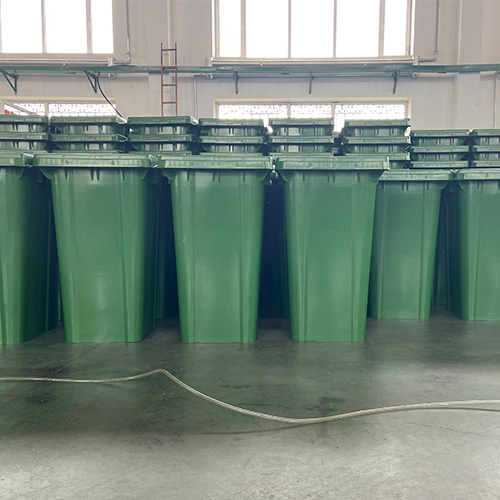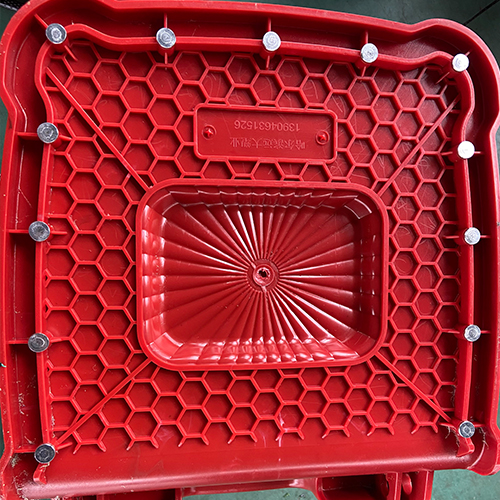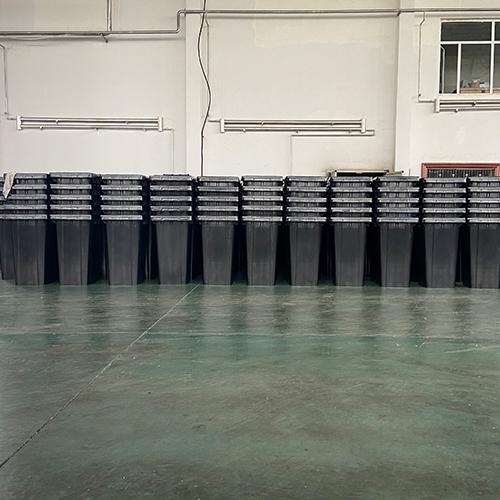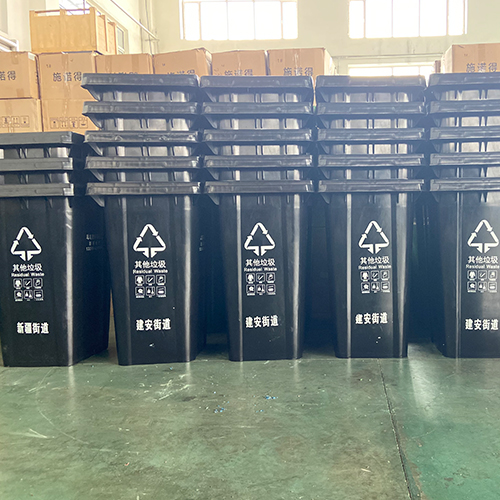Many large garbage cans used for environmental sanitation are basically plastic garbage cans. We can't underestimate them when we use them make well-connected 240L blue trash can Making full use of it can better improve the sanitary environment of our city, and can play a better role. It also has its own functions and characteristics in the process of normal application. What are the main characteristics when we use it? make well-connected 240L blue trash can It is an integrated plastic structure, which is more sharp and durable when used. It can be suitable for various external forces during application, which can really ensure better acid and alkali resistance and real corrosion resistance during use. These functions are very good for all of us, so when we use them at ordinary times, Can play a better role.

make well-connected 240L blue trash can It is a product used in many industries, such as cleaning and sanitation, which brings clean to various public places in the city and can be seen everywhere on the streets. It is an environmental protection product that is ubiquitous in real life. There are more than 500 million garbage cans in use in China, 66% of which are made of iron and wood, while the recyclable plastic garbage cans only account for 30%, so there is still a lot of space for plastic garbage cans. make well-connected 240L blue trash can It is an environmental protection product that can be recycled. Compared with other types of garbage cans, plastic garbage cans have a shorter production time. When plastic garbage cans are designed, their bodies can be stacked and their volume is reduced, which brings great convenience to the logistics, transportation and storage of products.

We can often see plastic trash cans in the community. We usually use plastic trash cans at home, but the size difference between the two is very big. outdoors 240L blue trash can It's very big. Because we throw garbage into every household, we need to use big ones. When buying plastic trash cans, how should you choose them? let's 240L blue trash can how much Let me tell you. 1: From the smell, the bigger the taste of the plastic trash can, the more waste plastic particles will be added. 2: The lighter the color of a plastic trash can is, the better the quality is than that of a plastic trash can with a dark color (remember not to believe the reason why the salesperson thinks the color depth is the amount of color masterbatch added). 3. Observe carefully in the sun. The less black particles or impurities on the surface of the trash can, the better the quality. 4: The direct method is to directly smash the plastic garbage cans. Real gold is not afraid of fire. The salesperson will not stop you from doing this experiment with a good garbage can. 5: The original way is to buy plastic trash cans at a higher price. It is never wrong to pay a penny for each item.

make well-connected 240L blue trash can It is a product used in many industries of cleaning and sanitation, bringing cleanliness, hygiene and environmental protection to cities, residential areas and various public places. It is an environmental protection product that is ubiquitous in real life. There are about 500 million garbage cans in use in China, 66% of which are iron and wooden garbage cans. The plastic garbage cans that can be recycled only account for 30% of the plastic garbage cans. There is still a lot of room for use. Therefore, plastic garbage cans are not uncommon in life. And from the perspective of use, make well-connected 240L blue trash can It also has the following characteristics: (1) Acid resistance, alkali resistance, corrosion resistance and strong weather resistance; (2) The round corner design of the delivery port is safe without sharp edges; (3) The surface is smooth and clean, reducing waste residue and easy to clean; (4) It can be overlapped to facilitate transportation and save space and cost; (5) It can be used normally within the temperature range of - 30 ℃~65 ℃; (6) There are many colors to choose, which can be matched according to the classification needs;






